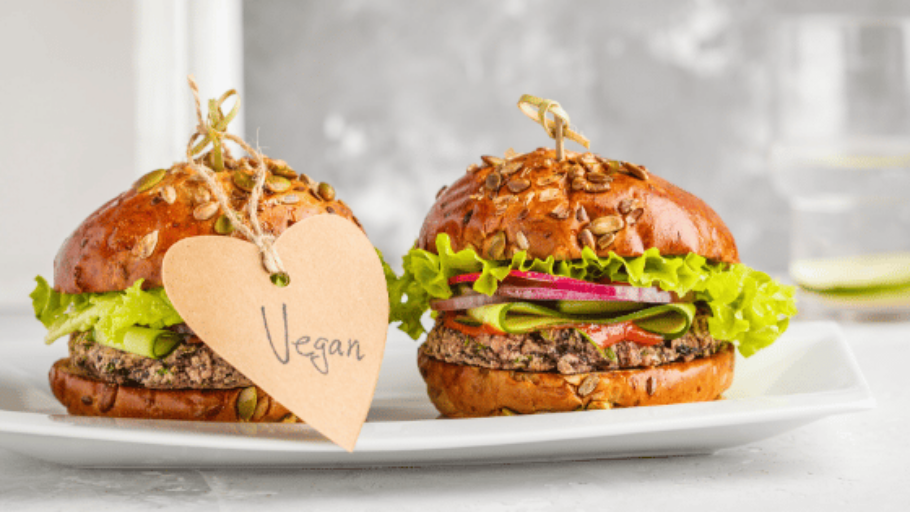Vegan diets can meet all your nutritional needs if you plan properly. Here are some nutrients to be especially aware of:
B12
Vitamin B12 keeps your blood cells healthy, and not getting enough of it can lead to feeling weak and tired.
B12 is typically only found in animal products but there are supplements and many products that are fortified, which can be reliable sources. B12 is often added to plant drink milk alternatives, cheeses, yoghurts, nutritional yeast, yeast extracts, vegan spreads and breakfast cereals – check the labels.
Vegans should aim for at least 3micrograms (mcg) of B12 per day. If a supplement is being used, a 10mcg should be taken daily.
Calcium
Calcium is needed to keep your bones and teeth strong and healthy. All the calcium you need can be obtained from a vegan diet. Fortified foods (foods which have had nutrients added) such as plant drink milk/yoghurt alternatives, calcium set tofu and fortified bread are good sources of calcium.
Non-fortified foods such as kale, brussel sprouts, broccoli, okra, pak choi and cauliflower also high in calcium.
Omega-3 and Omega-6
Both omega-3 and omega-6 fats are essential for our nerves, eyes and immune system.
Omega-6 is easy to consume in a vegan diet, so long as you’re eating a wide variety of plants, nuts and seeds. Good sources of omega-6 include hemp seeds, pumpkin seeds and walnuts.
However, Omega-3 (commonly associated with fish) can be more difficult for vegans to get enough of. Good sources include chia seeds, ground linseed, hemp seeds and walnuts.
Here are some tips for ensuring you get enough of these essential healthy fats:
- Use rapeseed oil as your main cooking oil (rather than sunflower, olive or vegetable oil) as the omega-3 and omega-6 are the most balanced.
- The Vegan Society suggests you would need to eat roughly a tablespoon of chia seeds or ground linseed, two tablespoons of hemp seeds or six walnut halves a day in order to meet the recommended intake.
Supplements from microalgae may be necessary for some groups but it is generally better to obtain nutrients from your food as opposed to supplements as some new research suggests these are better absorbed and utilised by the body.


